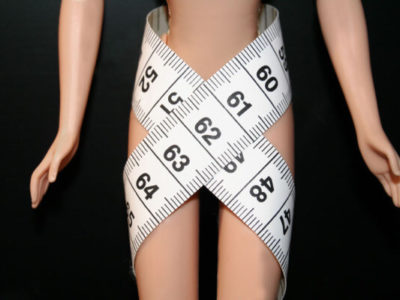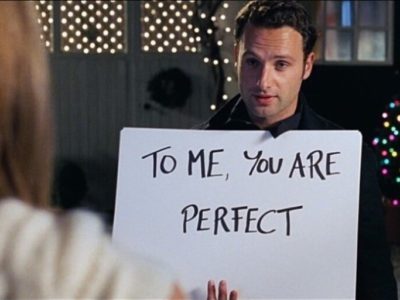Our generation tends to be slightly removed from the vast amount of media we take in throughout the day. The super skinny model on the clothing ad? Sure, that’s normal since she’s a model. The buff guy telling you how to get abs exactly like his in less than a month? Slightly comical, but your interest is piqued. A magazine covering the best and worst celebrity beach bodies? Of course that’s worth a read. What we fail to realize are what these images are actually saying, and in turn, doing to us.
As the summer draws near and more of that skin will undoubtedly show, it’s time to sit down and control just what we absorb—not letting totally fabricated ideals presented in the media affect how we see ourselves. It’s also time to start seeing others in a different way than how society tells us to. Here’s how to actually feel beautiful this summer, and how to make everyone around you feel beautiful, too.
Tackle the Roots of Self-Perception
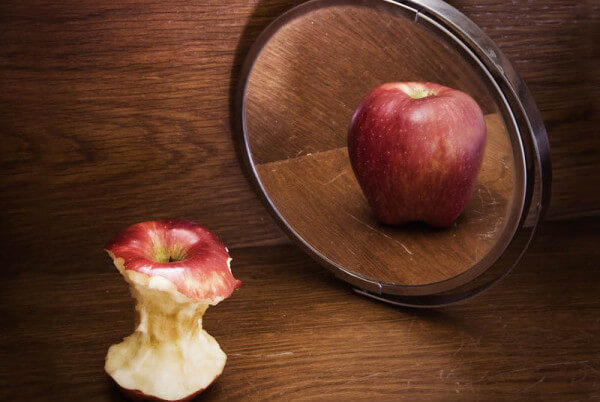
When it comes to how we perceive, there are two parts to the equation: the environment we grew up in, and our subconscious. By learning how to effectively deal with both, we can learn how to see ourselves and the world around us in the best way possible.
Sometimes the problem hits right at home. “For some families, image is a very important thing, and parents will make comments to children about how they look—about their body type and behaviors associated with that,” said Dr. Peter DeMaria, clinical professor of psychiatry and behavioral sciences at Temple University.
Now, this might be a difficult concept to deal with. How can the people that loved and nurtured you your entire life be responsible for serious self-image issues? Well, quite easily, actually. Think about some of your most inherent behaviors, and just how many you share with your parents. There’s quite a number of them, right? So, if your parents are constantly obsessing over how they look, or how they wanted you to look, of course it’s going to carry over into how you perceive yourself and others.
These natural behaviors we learned as kids drive our subconscious, and often times we don’t even realize it until it hurts. Our subconscious takes the form of a voice that is constantly speaking inside of our head, but we don’t even notice it until it says something to grab our attention. Dr. Laura Katz Rizzo, Temple coordinator of dance and author of Dancing the Fairytale, said, “A lot of people don’t realize that self-talk is happening, and it’s often judgmental and negative.”
It might seem like second nature to look in the mirror and just deal with whatever mean comment we might throw at the reflection. However, self-talk can go both ways, and we can talk back. Would you let anyone on the street just come up to you and insult how you look? Most likely not, why let yourself do it?
Notice How Bogus the Media Is
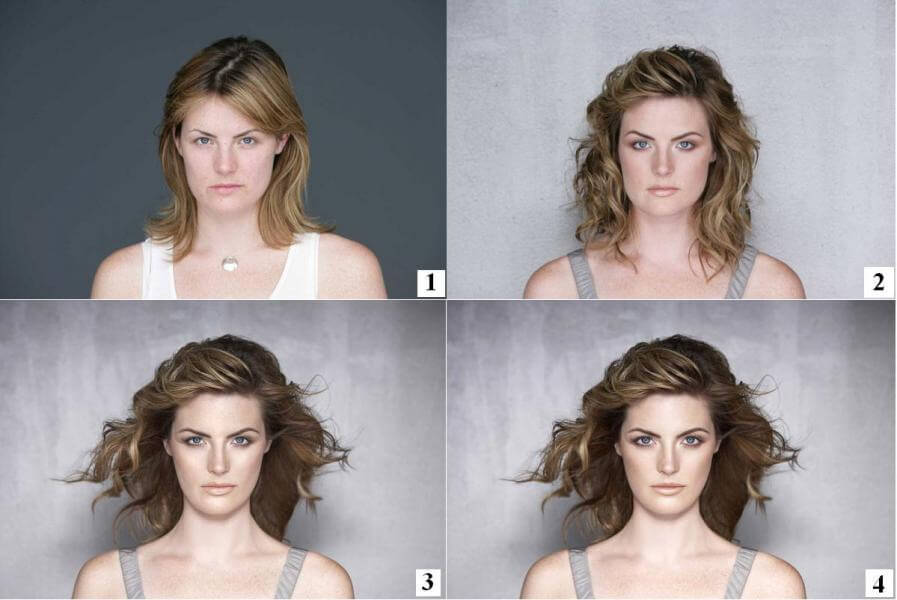
Believe it or not, tan bodies that look pristine enough to serve fine cuisine upon on aren’t normal. Even though it’s easy for most of us to recognize airbrushing and photoshopping, there are still sneaky ways that the media makes us strive for the impossible.
By taking in an inch here and there on a woman, and adding that extra muscle definition to a man, experts with Photoshop control our perception with just a few unnoticed clicks. “There’s really no difference between beauty and monstrosity, especially in the ways that it’s presented in the media. It is almost grotesque to be striving for something so far away from what’s actually real or attainable,” said Katz.
Remember how ugly Frankenstein’s creation supposedly was? By copying and pasting together parts of the perfect human body, the media is not creating beauty, but a monster. You see it in horror movies; it’s time to start seeing magazine covers and billboards the same way.
Stop Comparing To Peers

Looking at other people is a normal, innate human behavior, but what happens when this basic function becomes an obsession? “The pre-occupation with one’s looks and this sense of comparison tends to control food eaten or exercise or calories burned, and then it spins out of control,” said DeMaria.
This is the reason that self-image is such a problem for college students. On campus, we constantly meet new people. That’s a lot of bodies and faces to be sizing up against your own. It can be overwhelming, and pretty soon, this seemingly harmless habit can lead to anxiety, depression and a whole other slew of mentally and physically harmful problems. Dr. Kimberly Chestnut of the Wellness Resource Center at Temple University said, “Comparison is a killer; someone always loses.”
We need to look at comparing ourselves to others in a different light. Self-image is a collective issue. Even though it feels like you are the only one envying another, the truth is, we all do it. With recognition of this fact and some support, we can hone in on these feelings and turn jealousy into mutual appreciation.
Get Rid of Unhealthy Habits

Although the two seem completely unrelated, constantly cramming can lead to a skewed perception of self-image. When working too hard and not sleeping, our body starts to send some crazy signals to our brain, and this makes us engage in some unhealthy habits. “I think that often times students, especially in the first year, aren’t eating or sleeping correctly, and that really starts to affect their health,” Katz said.
It’s common sense to not operate heavy machinery when overtired because your senses are dulled and you’re generally a little loopy. The same concept goes for interacting with the world, or looking at your reflection in a sleep-deprived and hungry state. You’re not processing correctly, and you’re cranky. By rejecting your body’s most fundamental patterns, that internal voice can be as harsh as ever.
Living a healthy lifestyle can do wonders when it comes to self-image. If you feel good, you look good. It’s as simple as that. So quit staying up late, get some exercise and eat right, and you’ll find that your outlook will come to match your positive lifestyle.
Recognize Your Value
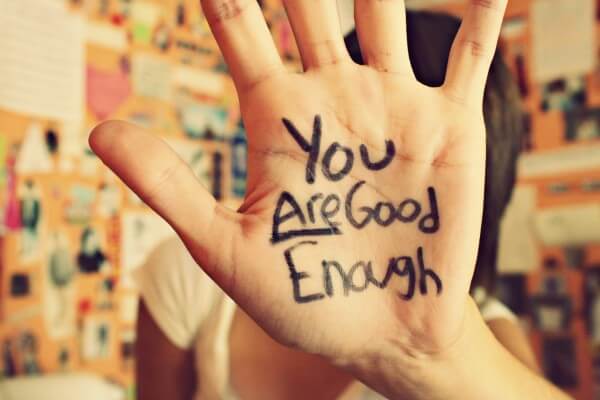
In the end, all experts agree that problems with self-image aren’t specific to the summer. Yes, more skin is bared, and that generally leaves less to the imagination when looking at celebrities or models, but dealing with these issues is a year-round day-to-day struggle.
The key to winning the battle is to realize your actual value. “We really need to think about how incredible our bodies are—the body awakens when we tell it to, it runs to class, pays attention, learns new information, digests the food we feed it, is responsive to the physical demands we put on it and does all of that with probably less sleep than it needs to work at its best,” said Chestnut. So, when looking at your body, see it for all of the awesome things it does, rather than what it looks like. Your physical appearance makes you unique, but does not define who you are.
The ending of spring semester marks the start of being carefree, catching some sun and spending time with the people that matter most. It shouldn’t be the beginning of working toward a perfection that doesn’t exist. Live your life, rather than being completely caught up in a fantasy world. You’ll find beauty when you least expect it.

